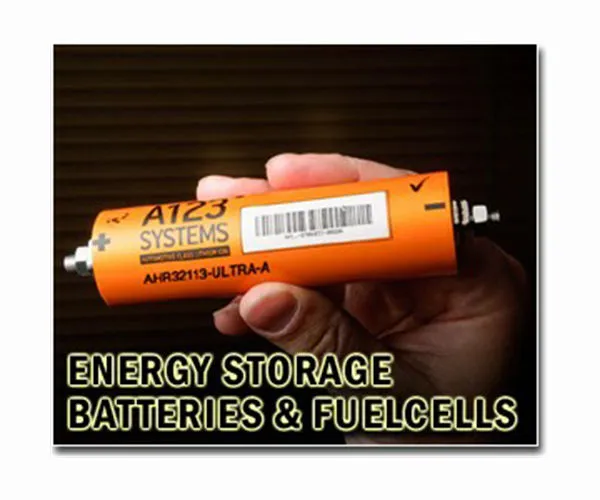New batteries to allow EVs drive longer
- Korean scientists are studying a lithium-air battery to improve the discharge capacity and durability of the device, which would allow e-vehicles to cover long distances without recharging.

E-cars powered by LIB have a rather short driving range – around 300km. Li-air devices offer larger storage capacity, which means longer distances. However, there are a number of issues to cope with in order to commercialize Li-air batts.
Firstly, Li-air batts are characterized by lower stability. So their lifecycle is not very long. Secondly, such a battery discharges energy much slower than its ion-based rivals. This will enable an e-vehicle go for a larger distance but at a very low speed.
The scientific group from DGIST is working to improve Li-air batt capacity for catalyzation of a chemical reaction between oxygen and lithium ion. In its turn, this will accelerate the energy releasing and charging processes.
Every battery consists of a negative and a positive terminal. In Li-air batts, lithium ions react with oxygen on cathodes. The researchers have created cathodes of nickel cobalt sulfide nano flakes deposited on porous graphene with additions of sulfur. The discharge capacities of such batteries are higher and do not wane during 2 months or even longer.
Also read

